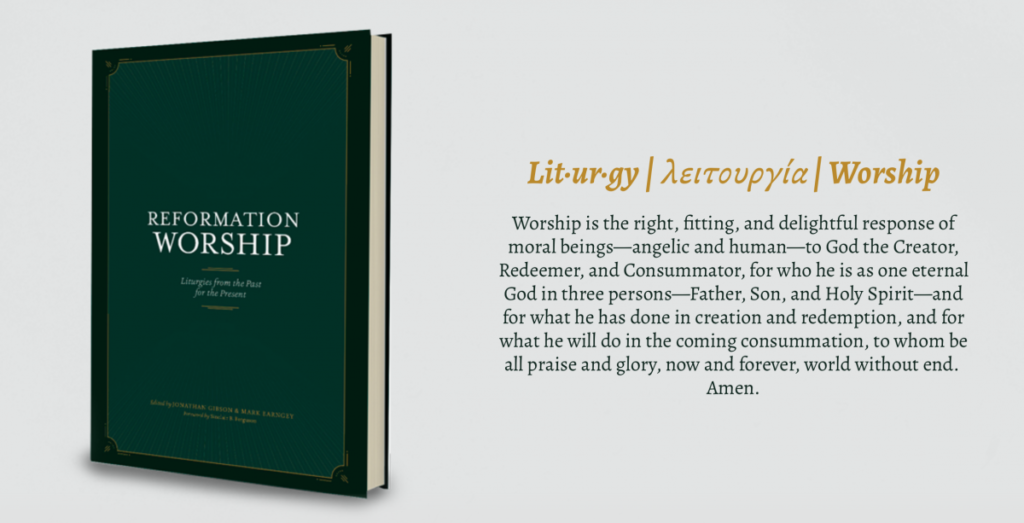 Article: “You’re probably a cessationist, too” by Phil Johnson (original source here)
Article: “You’re probably a cessationist, too” by Phil Johnson (original source here)
Note: (another article on this theme by Dan Phillips can be found here)
http://teampyro.blogspot.com/2006/10/book-review-to-be-continued-by-samuel.html
If you believe any of the miraculous spiritual gifts were operative in the apostolic era only, and that some or all of those gifts gradually ceased before the end of the first century, you are a cessationist.
If you believe all the spiritual gifts described in the New Testament have continued unabated, unchanged, and unaltered since the initial outpouring of tongues at Pentecost, you are a continuationist.
It’s pretty hard to find a real continuationist. Absolute non-cessationists exist only at the bizarre fringe of the charismatic movement. They are the sort of people who like to declare one another “apostles,” claim (and inevitably abuse) all the apostolic prerogatives, sometimes invent fanciful stories about people raised from the dead, and twist and corrupt virtually every category of doctrine related to the gospel, the atonement, or Christian discipleship and self-denial.
But evangelical charismatics (especially the Reformed variety) do not really believe there are apostles today who have the same authority as the Apostles in the early church. Some may use the term apostle, but they invariably insist that the apostleship they recognize today is a lesser kind of apostleship than the office and gift that belonged to the apostles in the first century.
Now, think through the implications of that position: By arguing for a lesser kind of apostleship, they are actually conceding that the authentic, original New Testament gift of apostleship (Ephesians 4:11) has ceased. They have in effect embraced a kind of cessationism themselves.
Note: There is no more or less biblical warrant for this view than for any other kind of cessationism.
Nonetheless, every true evangelical holds to some form of cessationism. We all believe that the canon of Scripture is closed, right? We do not believe we should be seeking to add new inspired material to the New Testament canon. We hold to the faith that was once for all delivered to the saints (Jude 3)—delivered in the person of Christ, and through the teaching of His apostles, and inscripturated in the New Testament. We believe Scripture as we have it is complete. And those who do not believe that are not really evangelicals. They are cultists and false teachers, who would add to the Word of God.
But notice this: if you acknowledge that the canon is closed and the gift of apostleship has ceased, you have already conceded the heart of the cessationist argument.
That’s not all, though. Most leading “Reformed charismatics” go even further than that. They freely admit that all the charismatic gifts in operation today are of a lesser quality than the gifts we read about in the New Testament.
For example, in Wayne Grudem’s book The Gift of Prophecy in the New Testament and Today (Wheaton: Crossway, 1988)—probably the single most important and influential work written to defend modern prophecy—Grudem writes that “no responsible charismatic holds” the view that prophecy today is infallible and inerrant revelation from God (p. 111). He says charismatics are arguing for a “lesser kind of prophecy” (112), which is not on the same level as the inspired prophecies of the Old Testament prophets or the New Testament apostles—and which may even be (and very often is) fallible.
Grudem writes,
there is almost uniform testimony from all sections of the charismatic movement that [today’s] prophecy is impure, and will contain elements which are not to be obeyed or trusted.
Jack Deere, former Dallas Seminary prof-turned charismatic advocate, likewise admits in his book Surprised by the Power of the Holy Spirit (Grand Rapids: Zondervan, 1993), that he has not seen anyone today performing miracles or possessing gifts of the same quality as the signs and wonders of the apostolic era. In fact, Deere argues vehemently throughout his book that modern charismatics do not even claim to have apostolic-quality gifts and miracle-working abilities. One of Deere’s main lines of defense against critics of the charismatic movement is his insistence that modern charismatic gifts are actually lesser gifts than those available in the apostolic era, and therefore, he suggests, they should not be held to apostolic standards.
Again, consider the implications of that claim: Deere and Grudem have, in effect, conceded the entire cessationist argument. They have admitted that they are themselves cessationists of sorts. They believe that the true apostolic gifts and miracles have ceased, and they are admitting that what they are claiming today is not the same as the charismata described in the New Testament.
In other words, modern charismatics have already adopted a cessationist position. When pressed on the issue, all honest charismatics are forced to admit that the “gifts” they receive today are of lesser quality than those of the apostolic era.
Contemporary tongues-speakers do not speak in understandable or translatable dialects, the way the apostles and their followers did at Pentecost. Charismatics who minister on the foreign mission-field are not typically able to preach the gospel miraculously in the tongues of their hearers. Charismatic missionaries have to go to language school like everyone else.
If all sides already acknowledge that there are no modern workers of signs and wonders who can really duplicate apostolic power, then we have no actual argument about the principle of cessationism, and therefore all the frantic demands for biblical and exegetical support for cessationism are superfluous. The real gist of our disagreement boils down only to a question of degree.
In a very helpful book, Satisfied by the Promise of the Spirit (Grand Rapids: Kregel, 1996), Thomas Edgar writes,
The charismatic movement gained credence and initial acceptance by claiming their gifts were the same as those in Acts. For most people this is why they are credible today. Yet now one of their primary defenses is the claim that [the gifts] are not the same [as those in the New Testament.] Faced with the facts, they have had to revoke the very foundation of their original reason for existence. (p. 32)
As for biblical arguments, in Scripture itself, there is ample evidence that miracles were extraordinary, rare events, usually associated in some significant way with people who spoke inspired and infallible utterances. It is obvious from the biblical narrative that miracles were declining in frequency even before the apostolic era drew to a close. Scripture says the miracles were apostolic signs (2 Corinthians 12:12), and therefore by definition they pertained specifically and uniquely to the apostolic era.



